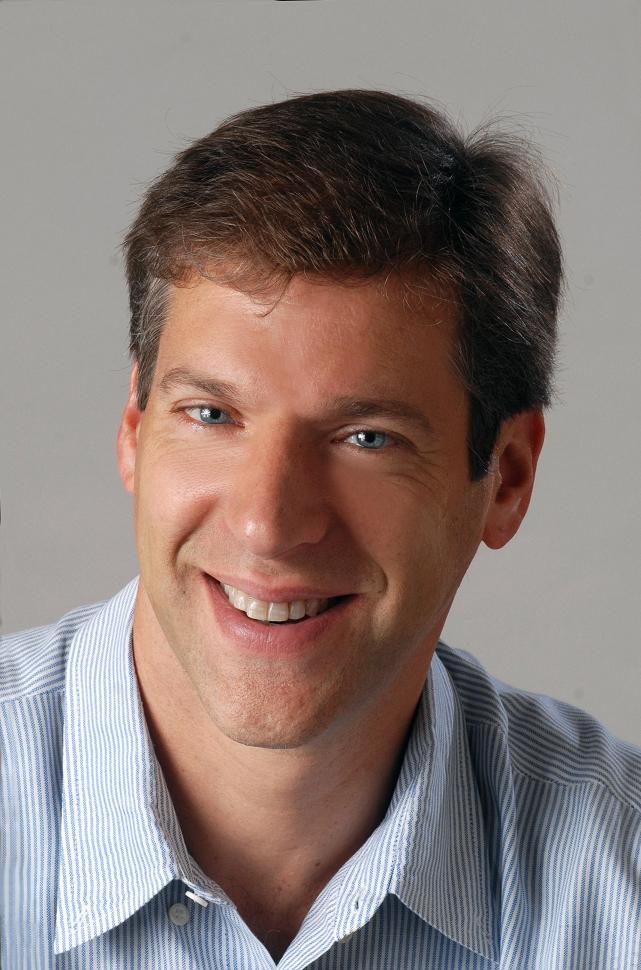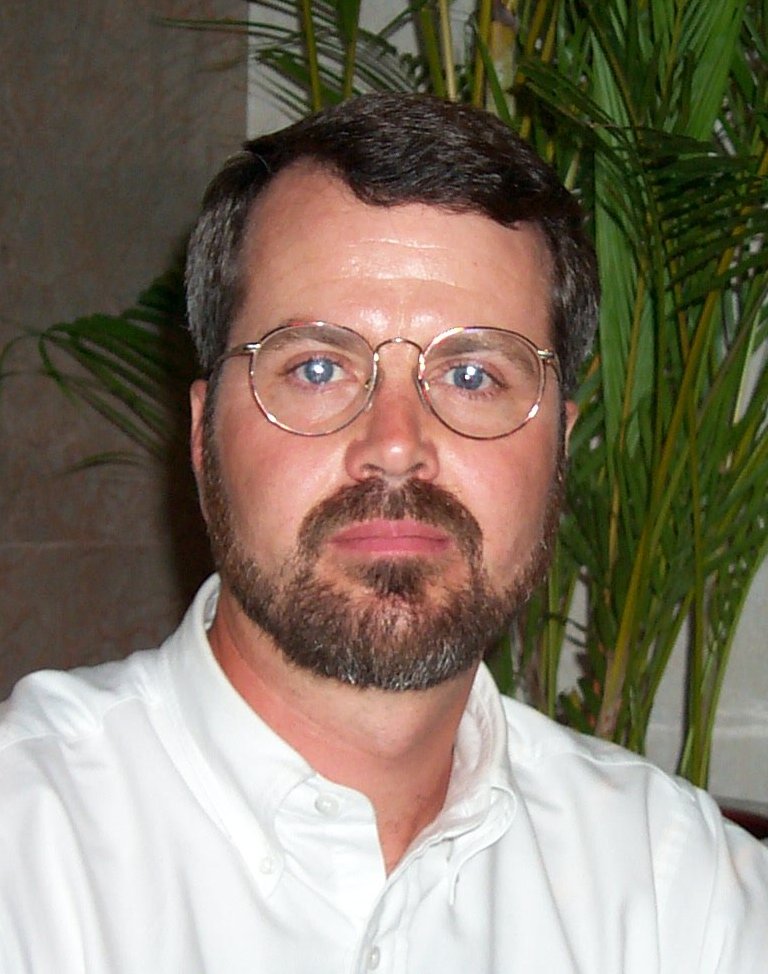
TOPIC #1* (click here to jump to topic #2) Science and Planning for Low Carbon Electricity System SPEAKER Daniel M. Kammen Daniel M. Kammen is the Class of 1935 Distinguished Professor of Energy at the University of California, Berkeley, where he holds appointments in the Energy and Resources Group, the Goldman School of Public Policy, and the department of Nuclear Engineering. Kammen is the founding Director of the Renewable and Appropriate Energy Laboratory (RAEL) and the co-Director of the Berkeley Institute of the Environment. Kammen is the Director of the Transportation Sustainability Research Center. Kammen received his undergraduate (Cornell A., B. ’84) and graduate (Harvard M. A. ’86, Ph.D. ’88) training in physics. After postdoctoral work at Caltech and Harvard, Kammen was professor and Chair of the Science, Technology and Environmental Policy at Princeton University in the Woodrow Wilson School of Public and International Affairs from 1993 – 1998. He moved to the University of California, Berkeley in 1998. Daniel Kammen is a coordinating lead author for the Intergovernmental Panel on Climate Change (IPCC), which won the Nobel Peace Prize in 2007. He hosted the Discovery Channel series ‘Ecopolis, and has appeared on NOVA, and on ’60 Minutes’ twice. ---------------------------------------------------------------------------------------------------------------- How Electric Vehicles Must Change the Way the Auto Industry Thinks SPEAKER Martin Eberhard
Martin Eberhard returned to his native California in 1983 when he completed his Master’s degree in Electrical Engineering at the University of Illinois in Champaign-Urbana, to join a pre-public company, Wyse Technology. Wyse’s IPO and Eberhard’s own strong ideas about the importance of the emerging Internet led him to join a handful of colleagues to found Network Computing Devices, where he served as Chief Engineer. Eberhard left NCD after its successful IPO to pursue his passion for books and to bring his Silicon Valley perspective to the publishing industry. Together with his longtime friend, Marc Tarpenning, Eberhard founded NuvoMedia and invented the Rocket eBook: a remarkable handheld electronic book and a secure web-based distribution system that allowed readers to purchase and download a large library of books from online bookstores, including current bestsellers, for the first time ever. In a stroke of prescience (or lucky timing) Eberhard facilitated the sale of NuvoMedia to Gemstar/TV Guide in 2000, shortly before the Internet bubble burst. Not even owning a TV set at the time, Eberhard found it ironic to find himself one day to be a Senior Vice President of TV Guide. Eberhard and Tarpenning left TV Guide and worked for a while as vice presidents of engineering at a friend’s company, Packet Design. In their spare time, they thought hard about what kind of company they felt was worth their time for their next startup effort. Concerned about the increasingly undeniable global warming trend, embarrassed by the US’s failure to agree to the Kyoto Protocols, appalled by the US invasion of Iraq, and flabbergasted by claims that this invasion had nothing to do with oil, Eberhard persuaded Tarpenning to join him to take a fresh look at electric cars as a way to address these problems. Extensive technical research convinced Eberhard that electric cars were indeed the most efficient, least polluting alternative to gasoline-powered cars. Why, then, had electric cars failed so many times in the past? Eberhard concluded that just about every EV attempt since the oil embargo of the ‘70s failed because the makers of those cars tried to achieve too much. These EV makers tended to be idealists who hoped to create a car for every American with their first model. But in trying to make an electric car affordable by everyone, they made cars that were desirable by nearly no one. If we can’t compete on price, Eberhard figured, then let’s compete on performance, and let the price fall where it may. And along the way, re-invent the electric car, making it highly desirable, even if not affordable to all. With this philosophy, the Tesla Roadster was born: beautiful, unbelievably quick, and yet the most energy efficient car on the road. With less constraint on price, Eberhard and Tarpenning conceived a completely new drivetrain, powered by commodity lithium ion batteries like those in consumer electronics – and achieved the longest driving range of any production electric car by a factor of two. Eberhard grew Tesla Motors from two people to a team of 280 people in 4 countries, with expertise across the disciplines needed to create a car company. Along the way, he raised over $100M from both Venture Capitalists and angel investors. He led the development of the Roadster from inception through design and testing including the stringent safety testing required by the US Department of Transportation, and also including performance and range tests that validate his original claims of 0-60 mph in less than 4 seconds, and nearly 250 miles range per charge. Even before the first Tesla car shipped, Eberhard’s vision had a deep impact on the auto industry and the public perception of what an electric car can be. For example, recently Bob Lutz, Vice-Chairman of General Motors, public commented that he restarted GM’s electric car program, creating the upcoming Chevy Volt as a direct response to the Tesla Roadster. Eberhard has recently left Tesla Motors, to pursue other opportunities. He is being quiet about those opportunities for now, but you can be sure his next venture will be at least as interesting as Tesla Motors has already been. ---------------------------------------------------------------------------------------------------------------- * Previously announced speaker Dr. Arthur H. Rosenfeld is unable to be at the conference to participate in the Plenary session.
|



